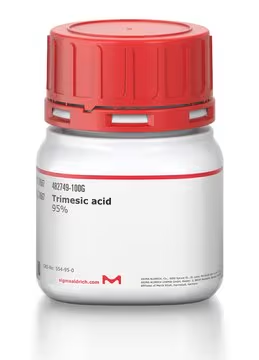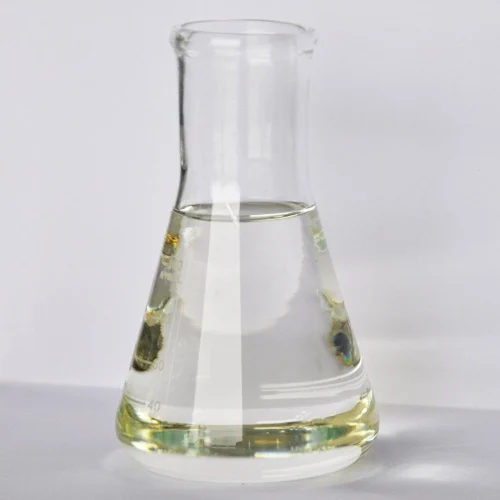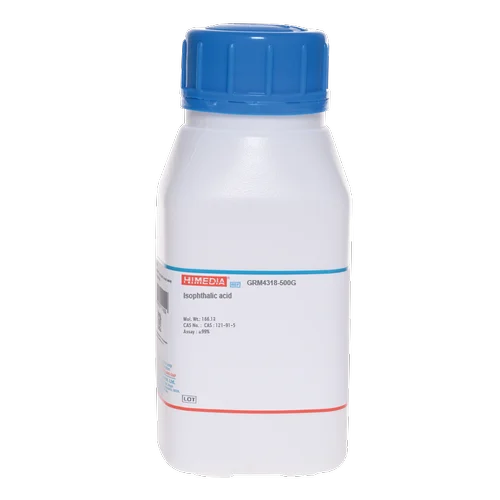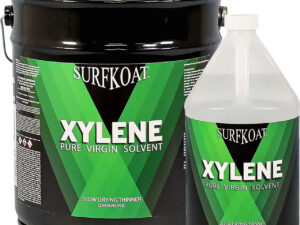Description
Isophthalic Acid (IPA): The Unsung Hero of Performance Polymers
Isophthalic acid (IPA), often overshadowed by its isomers terephthalic acid (TPA) and phthalic anhydride, is a crucial dicarboxylic acid used in the production of a wide range of high-performance polymers and resins. While TPA dominates the polyester fiber market, IPA offers unique properties that make it indispensable for applications demanding superior durability, flexibility, and chemical resistance.
What is Isophthalic Acid?
IPA is an aromatic dicarboxylic acid, meaning it contains two carboxyl groups (-COOH) attached to a benzene ring. Its unique structure, with the carboxyl groups situated in the meta (1,3) position on the benzene ring, contributes to its distinct properties compared to its ortho (1,2) and para (1,4) isomers.
Key Properties and Advantages of IPA:
- Enhanced Solubility: IPA exhibits better solubility in various solvents compared to TPA, making it easier to process in resin and polymer formulations.
- Improved Flexibility and Impact Resistance: When incorporated into polymers like polyesters and alkyds, IPA disrupts the crystallinity, leading to increased flexibility and impact resistance in the final product. This is crucial for applications requiring durability under stress.
- Increased Chemical Resistance: Polymers modified with IPA demonstrate improved resistance to hydrolysis, solvents, and weathering, extending their lifespan and making them suitable for demanding environments.
- Lower Melting Point: IPA can lower the melting point of polymers, allowing for easier processing and lower energy consumption during manufacturing.
- Versatile Building Block: IPA acts as a versatile building block, enabling the creation of a diverse range of polymers with tailored properties for specific applications.
Applications Spanning Industries:
IPA finds its niche in various industries, enhancing the performance of products we use daily:
- Unsaturated Polyester Resins (UPR): IPA significantly improves the mechanical properties, chemical resistance, and water resistance of UPR, making them ideal for applications like boat hulls, automotive components, and reinforced plastics.
- Alkyd Resins: In alkyd resin coatings, IPA enhances flexibility, adhesion, and gloss, making it a key ingredient in paints and varnishes for industrial and architectural applications.
- Powder Coatings: IPA contributes to the toughness, flow, and gloss of powder coatings, making them suitable for appliance finishes, automotive components, and architectural panels.
- High-Performance Polymers: IPA is used in the production of various high-performance polymers, including specialty polyesters, polyamides, and adhesives, offering unique properties tailored for specific applications.
- Adhesives: IPA-modified adhesives offer enhanced bond strength, flexibility, and resistance to heat and chemicals, making them crucial in various industries, including packaging and construction.
Market Trends and Future Outlook:
The global IPA market is expected to grow steadily, driven by the increasing demand for high-performance polymers and coatings in various industries. Factors contributing to this growth include:
- Growing infrastructure development, particularly in emerging economies, driving demand for durable and weather-resistant construction materials.
- Increasing demand for lightweight and high-strength materials in the automotive and aerospace industries.
- Stringent environmental regulations pushing manufacturers to adopt solvent-free coatings like powder coatings, where IPA plays a crucial role.
Sustainability Considerations:
As with all chemical processes, the production of IPA has environmental considerations. Efforts are being made to improve the sustainability of IPA production through:
- Developing more efficient production processes to reduce energy consumption and waste generation.
- Exploring the use of bio-based feedstocks to produce IPA, reducing reliance on fossil fuels.
- Implementing stricter environmental regulations to minimize emissions and waste disposal.
Conclusion:
Isophthalic acid, while often behind the scenes, plays a critical role in enhancing the performance and durability of a wide range of products. Its ability to improve flexibility, chemical resistance, and processing characteristics makes it an indispensable ingredient in high-performance polymers and resins. As industries continue to demand materials with enhanced properties and longer lifespans, the importance of IPA will only continue to grow. With ongoing efforts to improve its sustainability, IPA is poised to remain a key building block for innovative and durable materials in the years to come.











Reviews
There are no reviews yet.